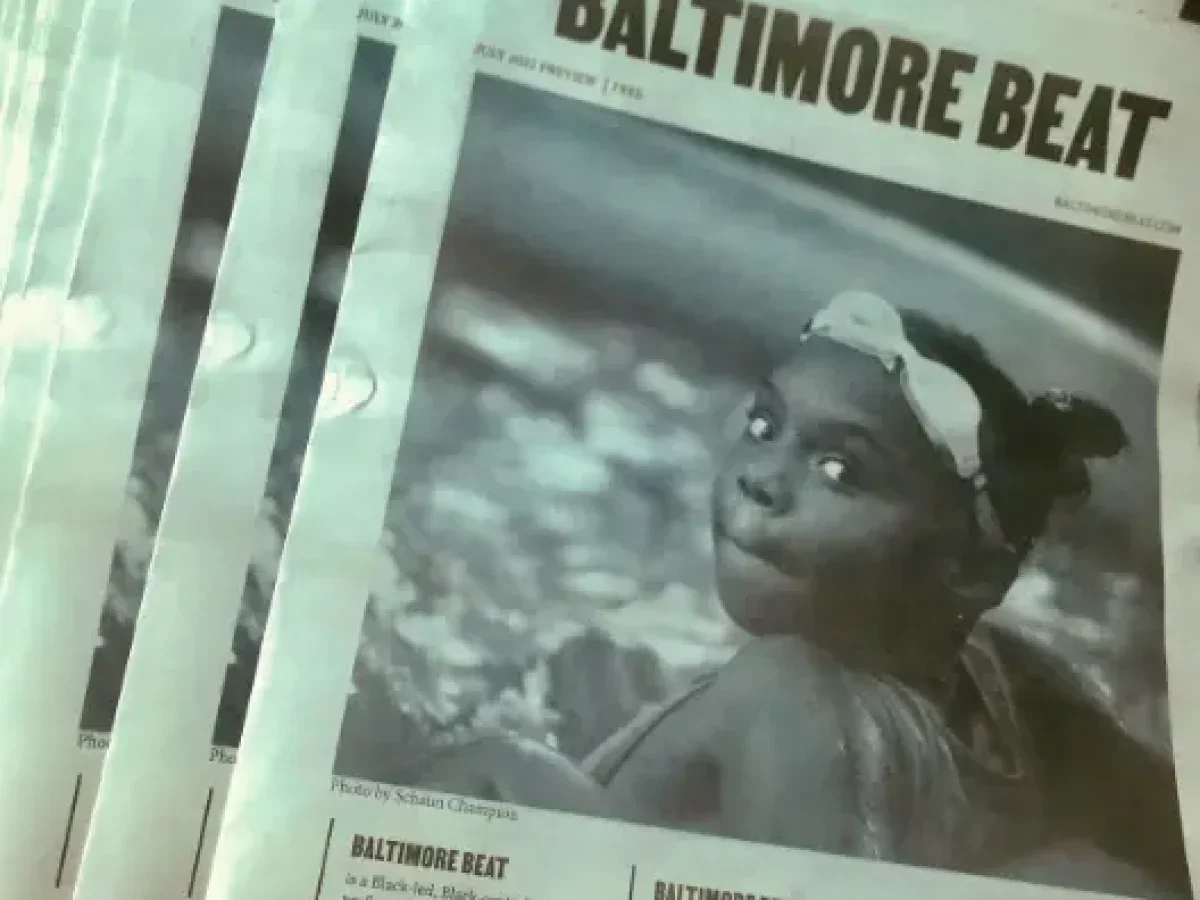
Adam Holofcener and his family donated $1 million — nearly all the funds they had left for giving — in a rare move for philanthropy to support Lisa Snowden-McCray’s dream: creating a free newspaper for Black residents in Baltimore that was staffed by Black editors and writers.
Holofcener is a lawyer-activist who defended artists, and Snowden-McCray, a journalist who worked for the city’s leading daily, the Sun, and the now-defunct alternative weekly, the Baltimore City Paper.
According to the Associated Press, Snowden-McCray and former Baltimore City paper editor Brandon Soderberg attempted to start a new publication, The Baltimore Beat, but the publisher supporting the endeavor pulled the plug. In 2020, Holofcener asked them if they had any plans to revive the publication.
His family’s Lillian Holofcener Charitable Foundation, which he said had made “hodge-podges” of grant-making for decades, offered to give $1 million to the Beat and essentially go out of business after that.
“I knew he was a nice guy,” Snowden-McCray told the AP. “I didn’t know he had access to a million dollars. The money was a complete shock to me.”
According to Holofcener, the decision was both an effort to respond directly to the demands for racial justice that followed the murder of George Floyd by police in 2020 as well as an attempt to rid the family of its gains, which Holofcener says came at the expense of Baltimore’s Black residents.
Holofcener’s grandfather amassed his fortune through insurance companies and then through a successful chain of ski and golf equipment stores. The AP reports that the Holofceners, like thousands of other white families, left Baltimore for the suburbs decades ago, leaving the city with a depleted tax base.
The large grant attempts to counter the idea that “any giving is good giving,” Holofcener says. So they had the foundation give up control of how the money was used and leave those decisions to the staff at the Baltimore Beat.
“It was very important that not only were we giving all the money away but that we were losing the money,” he says. “It’s as important to disempower ourselves as it is to empower them.”





